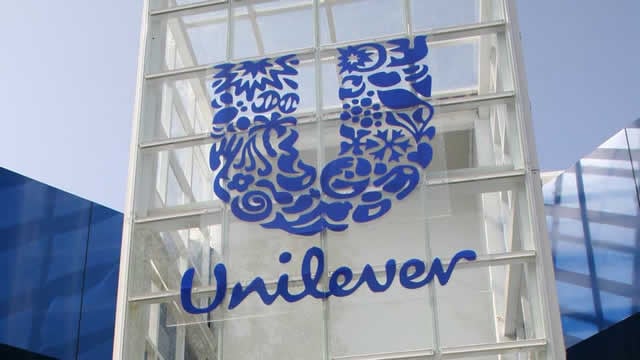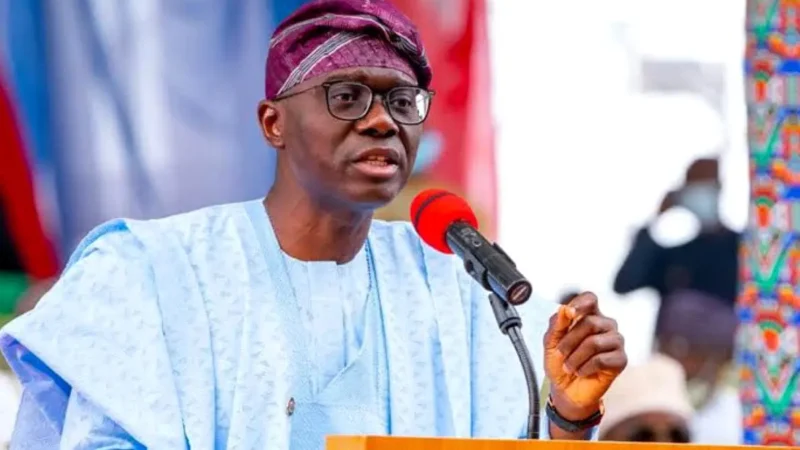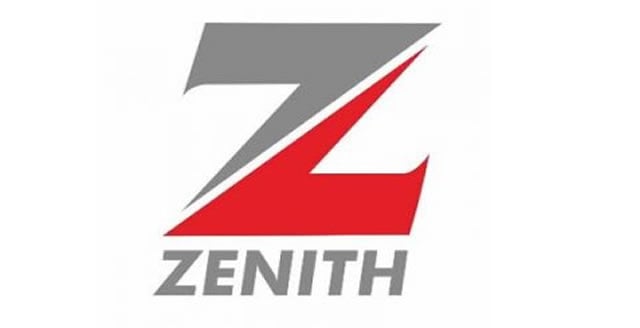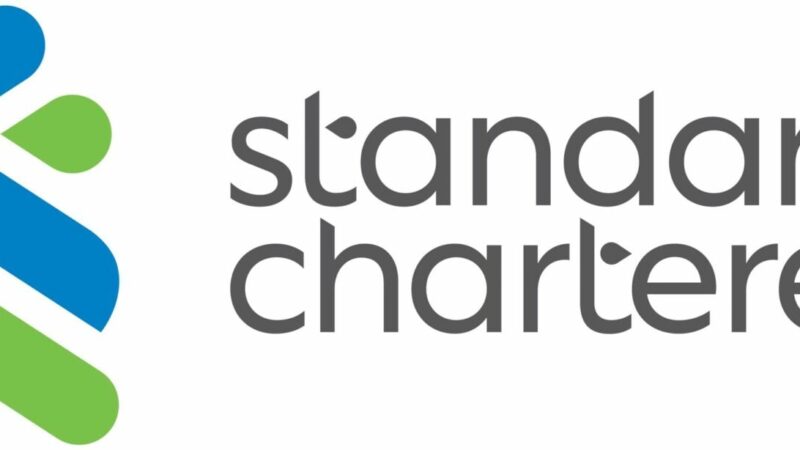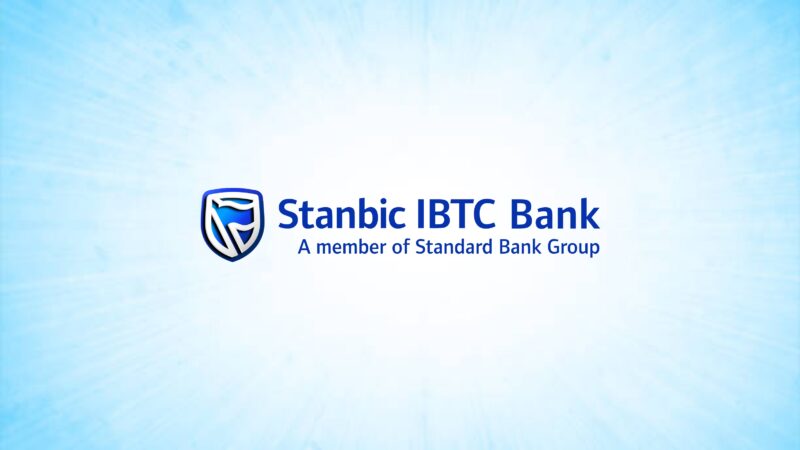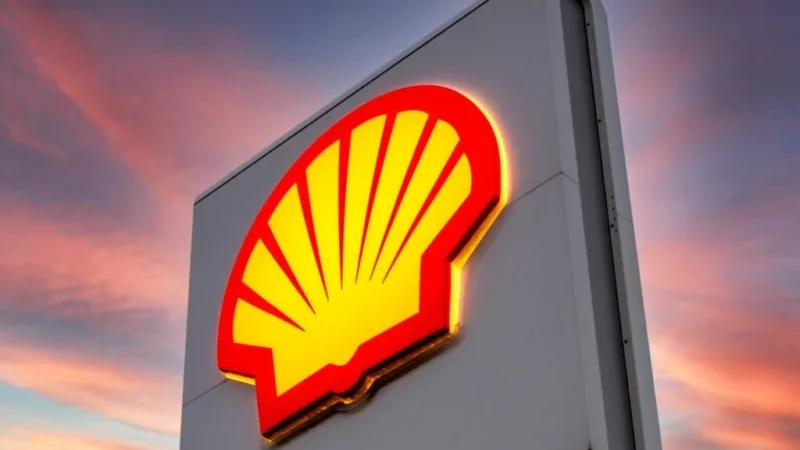Dangote, Ethiopia PM Break Ground on $2.5bn Fertiliser Plant
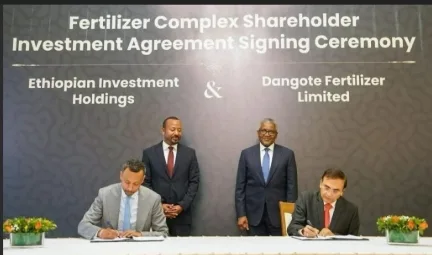 Aliko Dangote, President and Chief Executive of Dangote Group, led the groundbreaking ceremony on Thursday for a $2.5 billion fertiliser plant in Gode, Ethiopia, marking a new chapter in Africa’s industrial development.
Aliko Dangote, President and Chief Executive of Dangote Group, led the groundbreaking ceremony on Thursday for a $2.5 billion fertiliser plant in Gode, Ethiopia, marking a new chapter in Africa’s industrial development.The project, a partnership between Dangote Group and Ethiopian Investment Holdings (EIH), will have an annual production capacity of three million metric tonnes of urea, making it one of the world’s largest fertiliser complexes. Strategically located in Ethiopia’s South-East region, the plant will utilise abundant natural gas from the Hilal and Calub reserves to boost agricultural productivity, create jobs, and improve food security across the Horn of Africa.
At the ceremony, Prime Minister Abiy Ahmed described the fertiliser project as symbolic of shared responsibility, cooperation, and peace, emphasizing Ethiopia’s commitment to seizing opportunities and elevating the country’s global standing.
“They embody our shared responsibility to harness opportunities, strengthen cooperation, and promote peace. I urge all Ethiopians to continue mobilizing in unity for progress,” Abiy said. “This will enhance Ethiopia’s presence on the global stage and honor our national identity.”
Dangote praised Prime Minister Abiy Ahmed and his cabinet for economic reforms and liberalization policies attracting private investment and positioning Ethiopia as a preferred destination for global investors. He lauded the government’s infrastructure investments, including transport, energy, and the Grand Ethiopian Renaissance Dam, as foundational to the country’s industrialisation.
“This partnership with Ethiopian Investment Holdings marks a pivotal step in our shared vision to industrialise Africa and achieve food security continent-wide,” Dangote stated. “We bring decades of experience in large-scale industrial projects to ensure this venture becomes a cornerstone of Ethiopia’s industrial transformation.”
He revealed plans to broaden production to include ammonium nitrate, ammonium sulphate, NPK, and calcium ammonium nitrate fertilisers, aiming to establish Ethiopia as a regional fertiliser hub. Dangote predicted that within five years, Ethiopia could become Africa’s leading agricultural nation.
This is Dangote Group’s second major Ethiopian investment; its cement subsidiary has operated a 2.5 million tonnes per annum plant in Mugher for over a decade, with $400 million planned to double capacity.
Dangote emphasized the Group’s Africa-wide strategy, driven by the belief that “only Africans can develop Africa,” with a focus on promoting manufacturing to reduce import dependence. Highlighting Nigeria’s transformation into a net exporter of petroleum products, cement, and fertiliser through Dangote’s investments, he expressed readiness to help other African countries achieve similar industrial progress.
Describing the Gode project as a “new dawn,” Dangote noted it is the first time a private African investor partners with an African government on an industrial complex of this scale. He underlined the Group’s deep understanding of Africa’s challenges and opportunities and reiterated their mission to lead the continent’s industrial transformation.
He also hinted at plans to establish a polypropylene bagging plant in Ethiopia to support the fertiliser industry.
Dangote thanked financial partners, including Afreximbank, Africa Finance Corporation, Access Bank, First Bank, Zenith Bank, and other local banks, for their support.
Mustafa Omar, President of the Somali Region, hailed Dangote as “the anchor investor Ethiopia has been seeking,” recognizing his reputation as a trusted and respected investor throughout Ethiopia and Africa.
Senior Ethiopian government officials, industry leaders, and financiers attended the event.
Beyond Ethiopia, Dangote Group’s footprint is expanding across Africa. Dangote Cement operates with an installed capacity of 55 million tonnes per annum across 11 countries. The Group also built the world’s largest single-train refinery in Nigeria (650,000 barrels per day) and operates a one million metric tonne polypropylene plant. Its fertiliser division, initially producing three million tonnes, is expanding by six million tonnes to become the world’s largest fertiliser operation.


